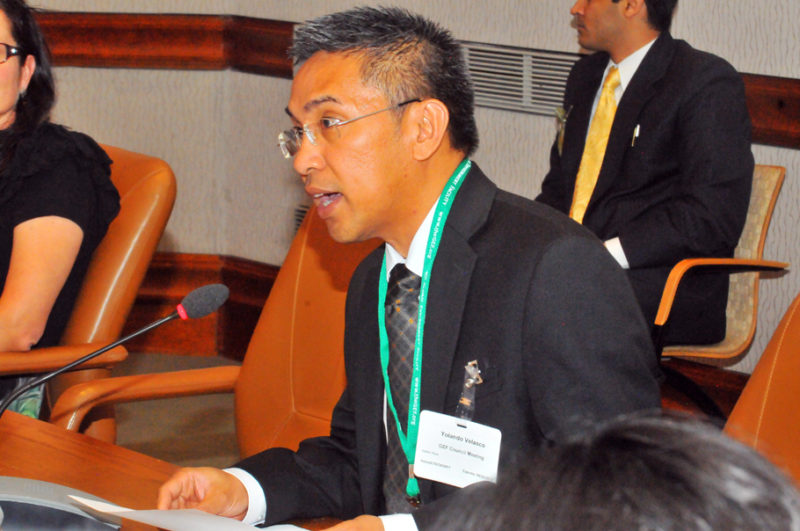The Green Climate Fund (GCF) is currently exploring ways to help countries keep their forests intact while also dealing with climate change following a “ground-breaking” workshop held in Bali, Indonesia at the end of last month.

Sixty participants from developing and developed countries shared their experiences in REDD+ implementation during the workshop on 21 to 24 April. They advised the Fund how to capitalise on international progress in paying developing countries to address climate change by protecting their forests.
Advice by REDD+ experts at the workshop is feeding into GCF’s current preparation of Request for Proposals (RFP) on REDD+ results-based payments. The Fund issues RFPs on an ad hoc basis to seek project ideas for niche areas seen to require climate financing.
Many participants shared the view that workshop discussions not only helped open new GCF funding possibilities, but helped to progress the realisation of the REDD+ idea itself.
“The workshop was ground breaking as it has provided clarity on issues in REDD+ finance that have not been explored before,” said Yolando Velasco, a climate finance and capacity building manager with the United Nations Framework Convention on Climate Change (UNFCCC).
Mr Velasco pointed to the key role REDD+ is now playing globally in the new landscape of climate cooperation under the Paris Agreement.
“What is interesting about REDD+ is not just in terms of financing, but in the way REDD+ plays a big part in how many developing countries will achieve their low greenhouse gas emissions development in the context of NDCs,” he said.
The Paris Agreement marks the first time that both developed and developing countries have agreed to reduce their emissions, according to their individual National Determined Contributions (NDCs). REDD+ results-based finance was also included as a key element of the Paris Agreement (article 5).
REDD+ refers to a UN-moderated process which provides developing countries with payments for “achieving emissions reductions from deforestation and forest degradation and to conserve and enhance carbon sinks.”
The workshop explored how GCF can provide REDD+ support to countries that is results-based. It also sought guidance from participants on how to support efforts by National Designated Authorities and focal points in developing countries to engage with GCF in these countries’ early phases of REDD+ implementation.
“I am now convinced that REDD+ is primed to assist the GCF in achieving a paradigm shift,” said Caroline Leclerc, Director General for Food Security and Environment at Global Affairs Canada, who is also a GCF Board member and a GCF REDD+ Champion. She explained that she entered the discussions with concern about the complexities of REDD+ that may have made progress difficult, but that she was impressed with the constructive attitude of participants.
Ms Leclerc and other workshop leaders will summarise results of the discussions to feed into GCF’s current consideration of how it will use a results-based approach to REDD+ to support countries.
“We need to recognise that partners are operating across a spectrum of preparation for REDD+, and GCF is looking to assist all countries to progress along this spectrum,” Ms Leclerc said.
Several workshop participants pointed to the key role of REDD+ in their countries’ climate plans.
“It is hard to take climate action in my country and other neighbouring countries if we don’t deal with forests,” said Tosi Mpanu-Mpanu, who works in the Prime Minister’s office of the Democratic Republic of Congo, and who is also a GCF Board member and GCF REDD+ Champion.
“But a lack of funding certainty is a killer when it comes to REDD+,” Mr Mpanu-Mpanu stated. “If we don’t have certainty, how can we embark on a long-term endeavour such as REDD+, when there are other development areas demanding attention such as health, infrastructure and security?”
